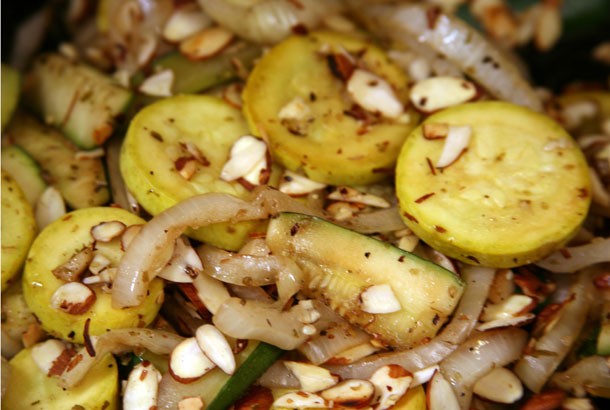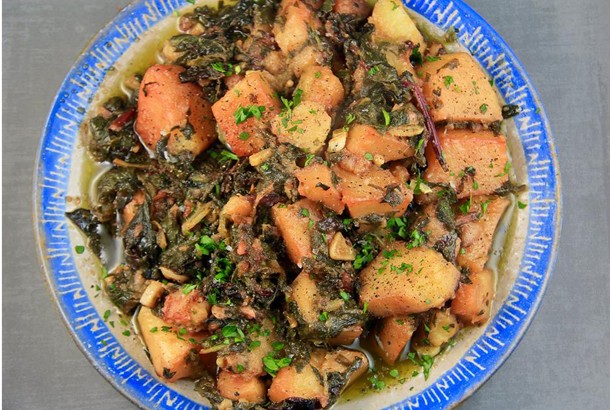Learning about the Mediterranean Diet
Why the Mediterranean Diet is Unlike Any Other Diet
Does the word 'diet' fill you with dread? Does it make you think of deprivation, eating food that tastes like cardboard, and feeling hungry all the time? There are many 'diets' that cause these feelings for people, and they don't provide long-term results. The Mediterranean diet is different. Here is a list of reasons why.
Top Choices in Olive Oil Books
Embrace the flavor and many uses of olive oil as you learn about our favorite books chock full of olive oil facts and delicious recipes!
Cayenne Pepper: The Anti-inflammatory and Heart Healthy Spice
Show a little love for your heart by eating spicy cayenne pepper! Stop by to learn about healthy and delicious cayenne pepper.
Resolutions That Stick
Thinking about a New Year's resolution? Get the recipe for long-term success!
The Mediterranean Diet: Ten Days to Happiness
A new study shows significant changes in our mood and heart after eating Mediterranean for 10 days.
Summer Veggies with Roasted Almonds (Video)
Enjoy Bill Bradley's newest blog post on zucchini that includes a video recipe for zucchini and yellow squash sautéed with roasted almonds.
The Secret Powerhouse of the Mediterranean Diet
Back in my “eating like crap” stage of life I would have never thought that one day I would become addicted to eating bitter greens and potatoes simmered in olive oil with freshly squeezed lemon juice. Having been brought up on a steady diet of over-cooked frozen and canned spinach, peas, and broccoli slathered in slightly melted tub margarine, I only understood vegetables to be something to plow through in order to get to the Kraft Macaroni and Cheese and Tuna Helper. As an adult I learned to steam and stir fry vegetables and grew to appreciate the flavor of local produce. It wasn’t until I went to the Island of Crete, though, that I really began to crave bitter greens.
Health Benefits of Basil
Basil, like all members of the mint family, has a rich and delicious aroma, and a peppery and sweet flavor profile that clearly defines summer. Most people can appreciate a savory batch of fresh pesto on a hot August evening. But, did you know that while you’re enjoying that favorite summer meal, you’re also benefiting from basil’s many health qualities?
Health Benefits of Thyme
Thyme’s revitalizing qualities can promote healing, in the case of sprains and other injuries. If you brew it as a tea, and use it as a hot soak or compress, it will increase blood flow to the affected area, which speeds the healing process. Thyme is great for the immune system because it stimulates the thymus, a major gland of the immune system. And, it supports the body’s natural defenses.
Not All Yogurts Are Created Equal
Learn how to make the best choices when selecting commercial yogurt products.
Grandma Knows Best
Whole foods trump processed foods every time!
Mediterranean Living’s Top 10 Favorite Garlic Recipes
Mediterranean Living shares our Top 10 Favorite Garlic Recipes including one of our own. Enjoy!












